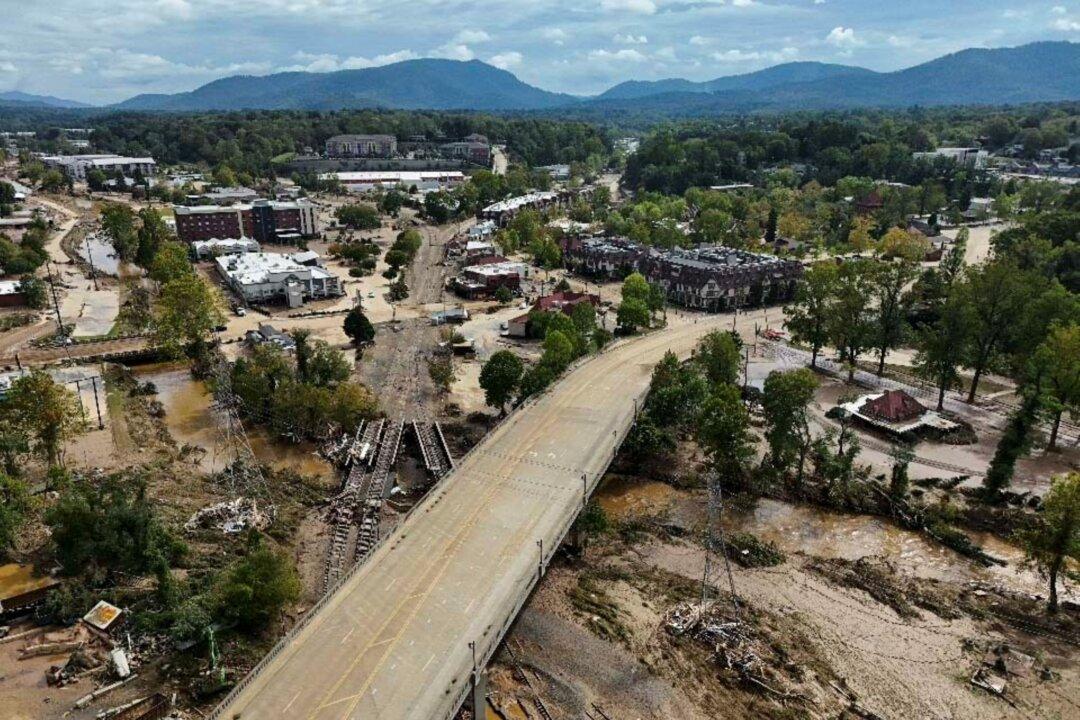A long slog of canvassing, caucusing, and consolidating was to conclude in a hectic five-week sprint to Election Day.
It was all planned: Rallies, stumps, speeches, caravans. Candidates for local offices, state legislature, governor, Congress, the presidency—yes, even the presidency—were slated for meet-and-greets because North Carolina is among seven “battleground” states pundits say will determine who sits in the Oval Office in 2025.





